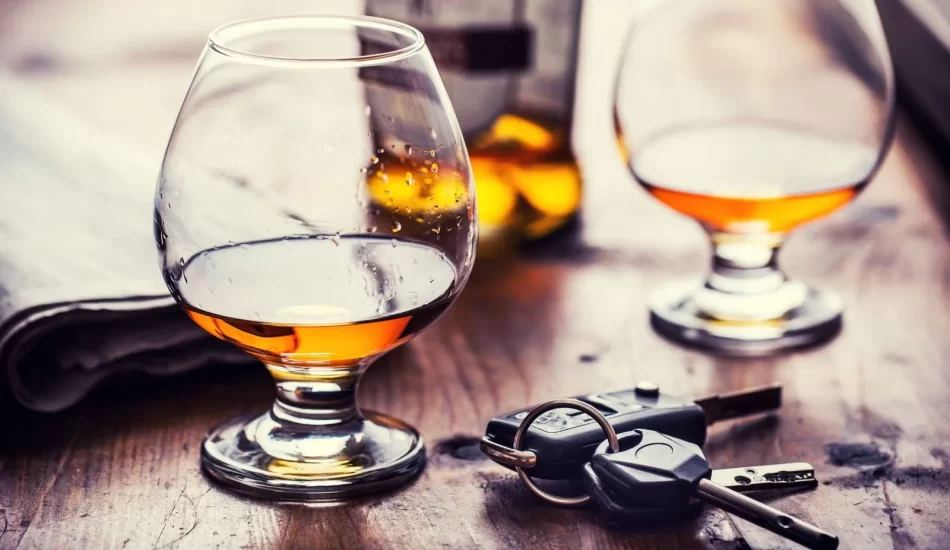Should I Take The Field Sobriety Test?

Last month’s blog discussed how marijuana legalization could change DUI stops in California. Field sobriety tests are a method law enforcement may use to determine if you are under the influence of alcohol or drugs. More can be said about the standardized field sobriety test (SFST) and its weaknesses.
Three consecutive tests, which are sanctioned by the National Highway Traffic Safety Administration (NHTSA), make up the SFST. These three tests are as follows:
- Horizontal gaze nystagmus. For this test, a police officer requires you to follow an object with your eyes. An officer is looking for two things: an inability to follow the object and eyeball jerking (nystagmus).
- Walk and turn. With this test, officers require to you to take nine paces (heel-to-toe) in a straight line in one direction, and then in the other. A police officer is looking for trouble with balance or an inability to walk in a straight line.
- One-leg stand. This test is what it sounds like. You must raise one foot six-inches off the ground for thirty seconds. An officer is looking for trouble balancing.
There are also non-standardized field sobriety tests. You may have heard of these before. Non-standardized tests include reciting the alphabet or touching your finger to your nose.
Can I Fail a Field Sobriety Test While Sober?
You could fail a field sobriety test if you are sober. Certain medical conditions, such as a panic disorder or a bad back, could make it impossible to complete a field sobriety test. Your clothing, the weather and certain medications could also hurt your performance.
Also keep in mind, police cruiser dashboard cameras will record your attempt to pass field sobriety tests. This evidence may be used against you by the prosecution. These are all risks you should keep in mind before agreeing to take a field sobriety test. If you are arrested, then your decision to take the test could make it more difficult to defend yourself from a DUI charge. You can refuse to submit to the field sobriety tests described in this blog.
You should speak to a criminal defense lawyer if you were arrested for a DUI, regardless of whether you took a field sobriety test. If you or a family member were arrested for a DUI, then Hayward criminal defense lawyer Louis J. Goodman could discuss your situation at no cost during a consultation. You can reach Louis J. Goodman by calling 510-582-9090 or by using our online contact form.
Request A Free Case Evaluation
Fields marked with an * are required
"*" indicates required fields



